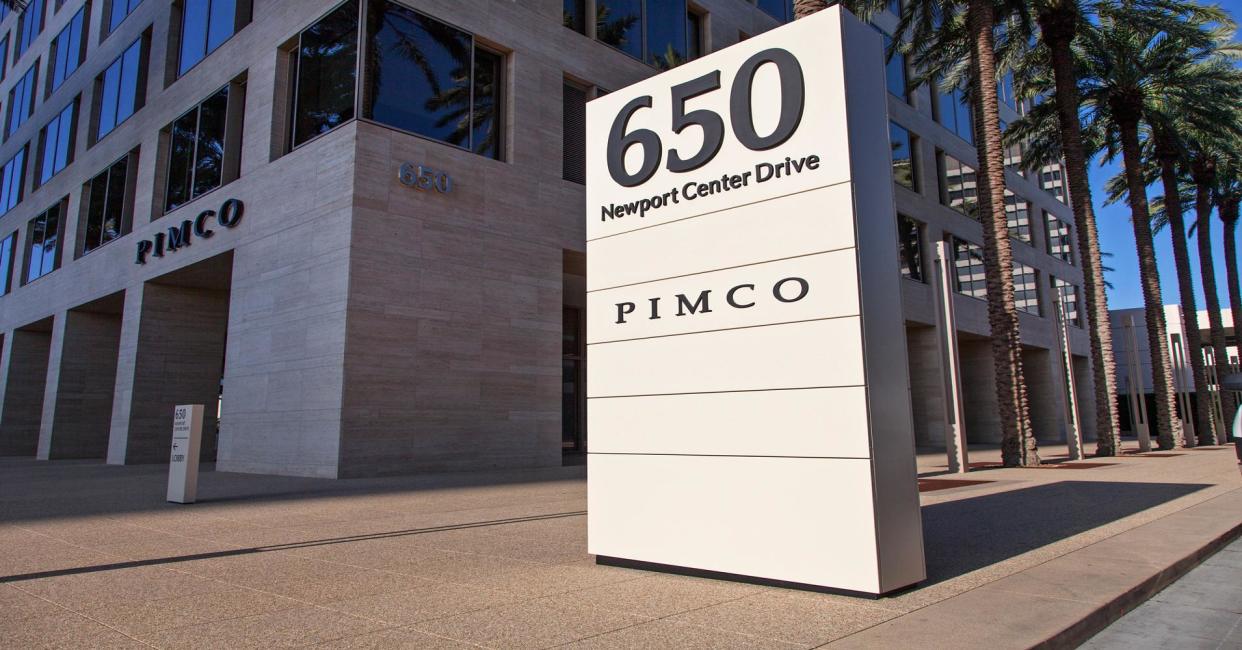Pimco ETF outflows doubled ahead of SEC warning

Investors pulled over $150 million from Pimco's Total Return exchange traded fund (NYSE Arca: BOND) in the months leading up to this week's Securities Exchange Commission (SEC) warning of the threat of legal action, new data shows.
The ETF, which aims to mimic the strategy and returns of the firm's flagship Total Return Bond fund (NASDAQ: PTTRX-O) once managed by star bond investor Bill Gross, posted net outflows of $107.2 million in June according to Morningstar data.
Money flowing from the fund has picked up pace, with June outflows marking a 100 percent increase from the $53.9 million pulled from the fund in May, the data showed.
The fund's total assets under management currently sit at around $2.5 billion after it suffered over $1 billion in withdrawals in 2014.
Data on the ETF's performance comes as the U.S. regulator issued Pimco with a "Wells notice" on Tuesday, or a letter which suggests a firm has been investigated and there is probable legal action planned for violating federal security laws.
The SEC are looking into how Pimco valued small positions in non-agency mortgage-backed securities (MBS) purchased by the ETF during a four-month window shortly after the fund's launch.
"The Wells process provides Pimco with its opportunity to demonstrate to the SEC staff why it believes its conduct was appropriate, in keeping with industry standards, and that no action should be taken" the asset manager said in a statement.
"Pimco believes that this matter is unlikely to have a material adverse effect on BOND (the ETF) or on Pimco's ability to provide investment management services to BOND or any other fund," the group added.
Gross, long-known as the 'bond king,' exited Pimco suddenly last September for smaller rival Janus Capital Group. He helped launched the ETF version of the popular mutual fund in February 2012 which saw strong early performance, attracting close to $4 billion in assets in its first year.
The SEC is currently investigating the time frame when Gross was managing the fund, centering on the possible mispricing of bundles of mortgage-backed securities (MBS), which could have given a distorted picture on the performance on the fund to investors.
Popularity of MBS boomed in early 2000s, where banks could make quick money from selling packages of mortgages to investment banks and institutions, which in turn offered the bundles to investors, giving them regular income by way of the mortgage repayments.
"Subprime" loans or mortgages given to borrowers with patchy credit history meant a lot of the loans on bank' books turned sour. Combined with a housing bubble in the U.S. this forced banks to freeze lending and ultimately contributed to the start of the credit crunch in 2007.
More From CNBC


